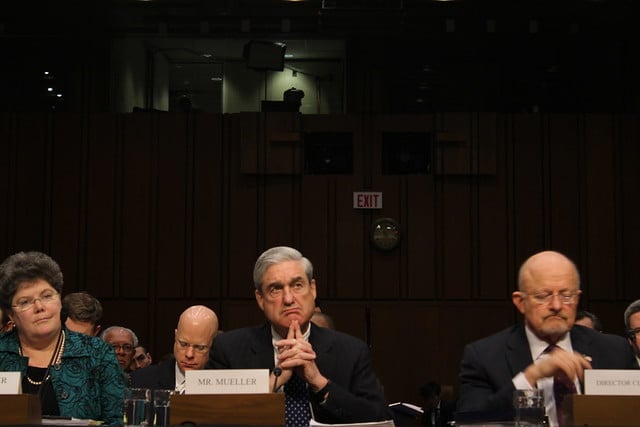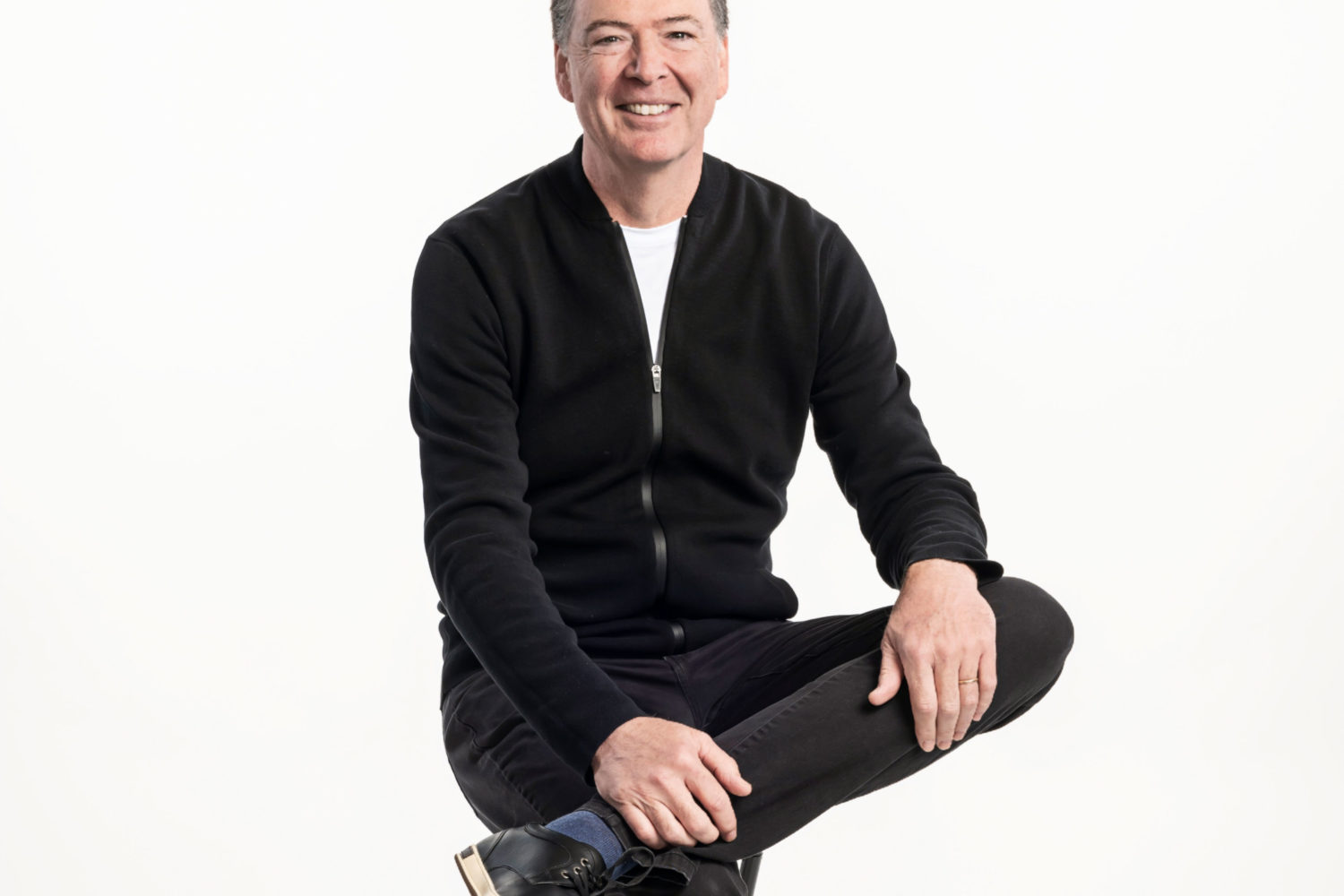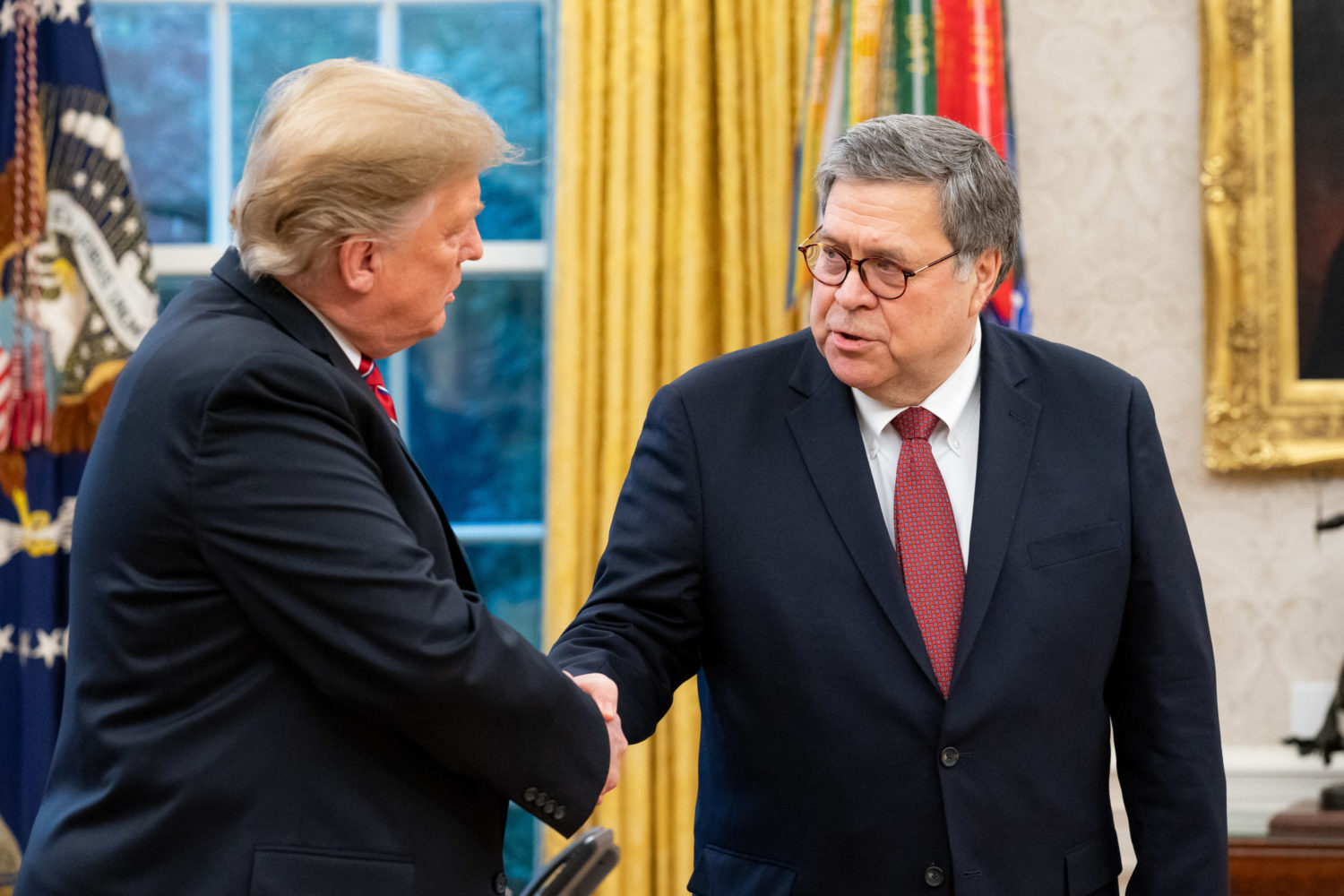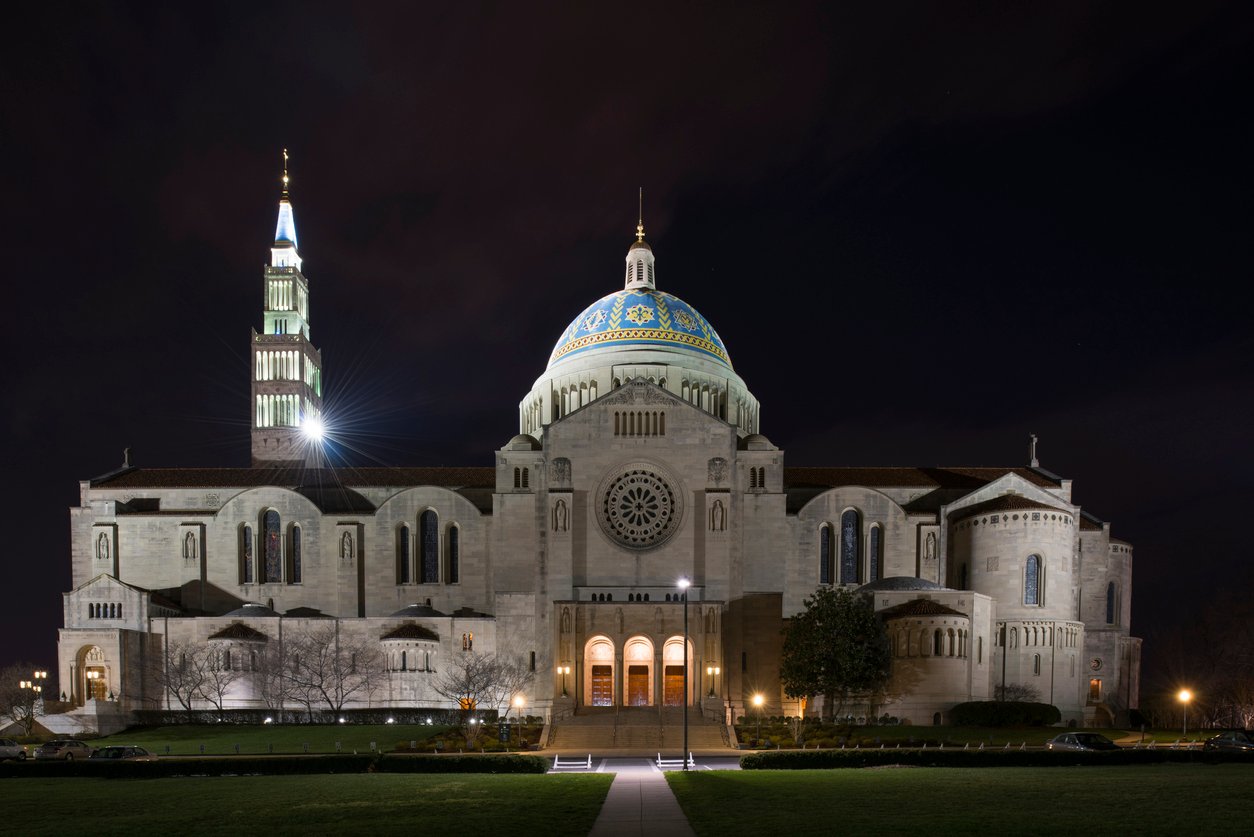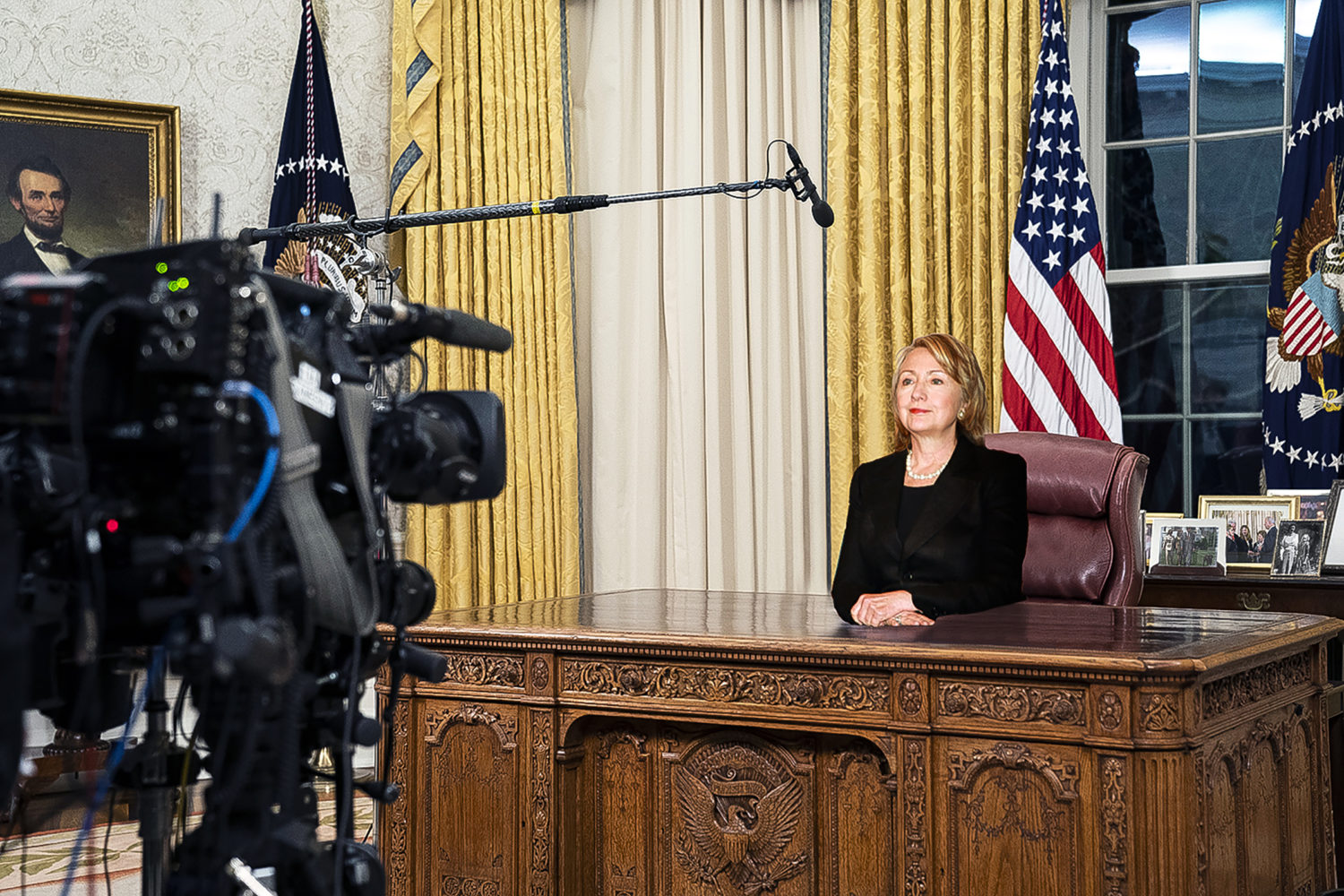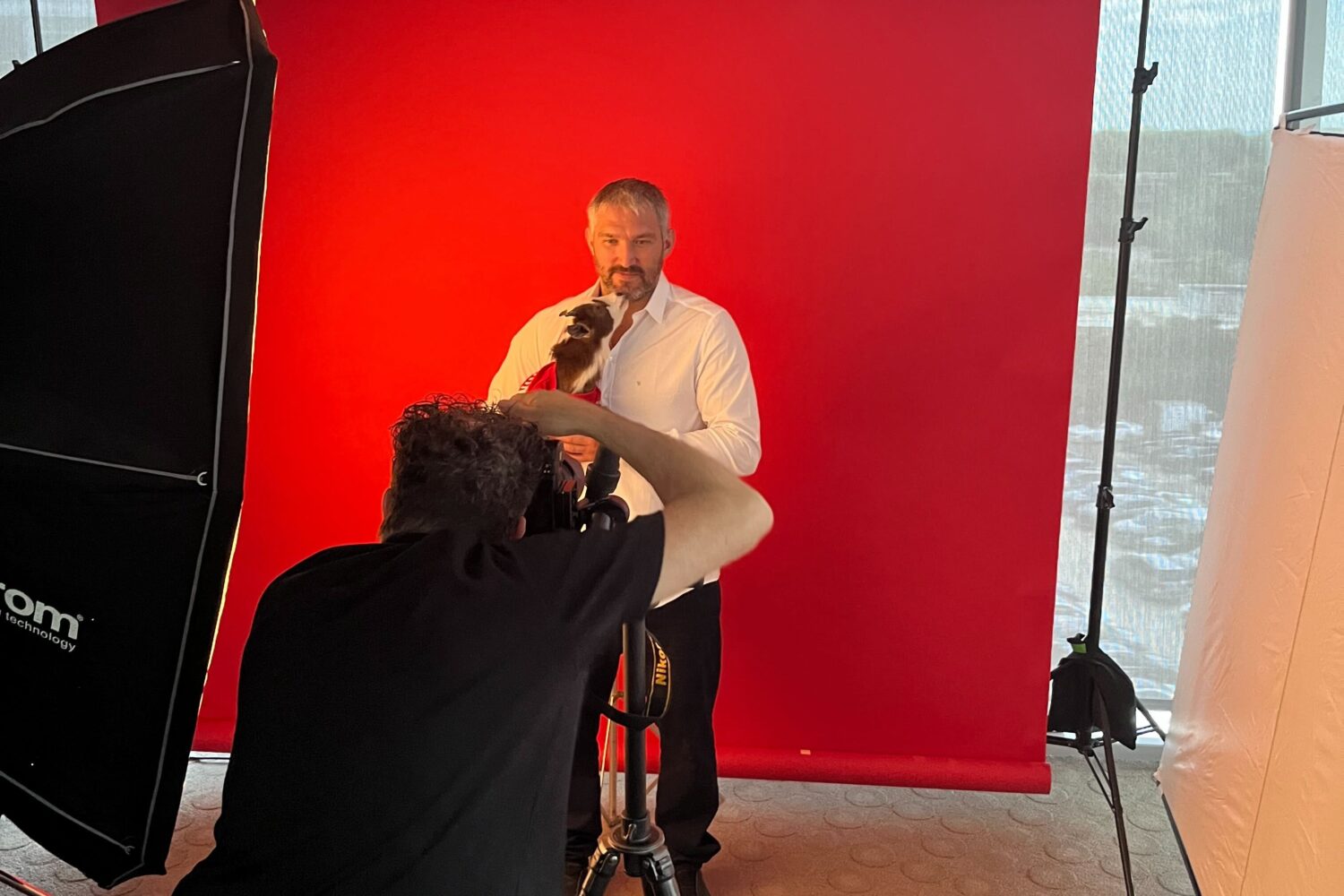As Robert Mueller prepares to testify before two House committees on Wednesday, there is no shortage of speculation as to what the famously tight-lipped former special counsel might say under oath.
During the 18 months of Mueller’s investigation—and the four months following it—a cadre of legal experts have helped the public decipher the ongoing probe and its report. Washingtonian pulled them together to ask: What are the questions you’d like to hear Bob Mueller answer before the country?
***
‘What if Trump were an average citizen?’
Paul Rosenzweig, Senior Fellow, R Street Institute, and former senior counsel to Kenneth Starr during the Whitewater investigation.
Here’s the question I’d ask: If there were no DOJ policy against indicting a sitting President—in other words, if Trump’s conduct were that of a hypothetical average citizen, with regard to his alleged obstructive acts—would you have presented the evidence to a grand jury, and requested that it return an indictment?
This is the nut of the President’s acts (at least in Volume II of Mueller’s report). The President touts the report as “no collusion; no obstruction.” But the best reading of the report is that there was obstruction (1000 prosecutors, including me, think so) and that the President skated just because he is the President. It’s important for the American people to know whether that is true—since then the question really becomes, “In America, is the President above the law?”
***
Does Mueller buy Barr’s ‘frustration’ baloney?
Harry Sandick, defense attorney and former federal prosecutor for the Southern District of New York.
I would be interested to hear Mueller discuss his obstruction of justice findings. In particular, if Trump was not president, would Mueller have sought his indictment for obstruction of justice? Due to the DOJ policy against indicting a sitting president, Mueller said that he could not make a decision on this issue. But Mueller and his team spent two years collecting and reviewing the evidence. Mueller is in the best position to answer this question that everyone wants to hear about. Perhaps the fact that Attorney General William Barr did reach the ultimate question (and found no crime was committed) would let Mueller address the question, too.
In addition, which aspects of the obstruction investigation raised the most serious questions in Mueller’s view? Was it the instruction to Don McGahn to fire Mueller? Or was it the “pardon-dangling” evidence? In addition, Attorney General Barr has suggested that President Trump’s conduct was appropriate, because he was “frustrated” by the ongoing investigation. Does Mueller believe that being frustrated with an investigation amounts to a defense to a charge against obstruction? These are the types of questions about the obstruction case that I’d like to hear him answer.
***
‘Do you regret taking this assignment?’
Chuck Rosenberg, national security lawyer, former Chief of Staff to FBI Director James Comey and former U.S. Attorney for the Eastern District of Virginia.
Bob: You served your country over a lifetime honorably and well, with absolute integrity and resolve, as a Marine officer, a federal prosecutor, and as the Director of the FBI. Your thoughtful and thorough work as Special Counsel in the investigation of Russian interference in the 2016 presidential election was critically important to this nation. Given the despicable personal attacks on you and your talented team, the denunciation and mischaracterization of your vital work by unprincipled operatives, and the hyper-political climate in which you toiled (professionally and discreetly, I may add), do you regret taking this assignment?
I presume the answer is “no.”
***
Did the case implode because Manafort ‘lied and used encrypted devices?’
Nick Akerman, former federal prosecutor in the Southern District of New York and member of the Watergate prosecution team.
A single question is not the way to approach the Mueller testimony. Rather, there should be a coordinated effort by members of both House committees to have Mueller set forth the evidence on obstruction of justice, the release of stolen documents, and the social media conspiracy to suppress the Clinton vote.
That said, here are the areas I would like to see Mueller questioned about:
First is the conspiracy regarding the dissemination of the stolen documents. The Intelligence Committee should focus on page 176 of Volume I—where Mueller states he had considered charging Americans with trafficking in stolen property, but didn’t do so because the criminal laws in question only cover tangible property, not intangible computer data. And on page 179, Mueller says he considered charging a person or persons, likely Americans, with computer intrusion—the same crime charged against the Russians—but did not have sufficient evidence to prove the violation beyond a reasonable doubt. What was the evidence as to how the Trump campaign used the release of the stolen documents in its strategy? What was the evidence as to Trump’s knowledge of the upcoming Wikileaks releases of the stolen documents, as related by Gates and Roger Stone?
As to the social media conspiracy, the Intelligence Committee should question Mueller about the statements of campaign deputy Rick Gates, who said that Paul Manafort instructed him on a regular basis to provide reputed Russian intelligence operative Konstantin Kilimnik with the campaign’s detailed polling data that could be used to micro target voters in the battleground states of Pennsylvania, Michigan and Wisconsin—all of which gave Trump his razor thin victory over Clinton in the electoral college. And the Committee should emphasize the report’s recognition that Mueller did not have sufficient evidence, because Manafort lied and had used encrypted devices to communicate with Kilimnik.
***
Mueller will have ‘the same response to every question’
Patrick Cotter, defense attorney, former federal prosecutor, and a trial prosecutor in the case US v. John Gotti.
The questions won’t matter, because Mueller has already said all he is going to say about his investigation. My view is that it’s silly to even think that there’s some magic question that is going to cause Bob Mueller to go beyond his report, when he has repeatedly told the whole world that he won’t—and I think Mueller means what he says. I think his response to every question will be simply to cite or read a part of the report. And if somebody asks a question not answered by it, he’ll respond that he has nothing to say.
Everyone can spend all the time and effort they want trying to come up with questions that will cause Mueller to go beyond the report. But, frankly, it’s pointless. What we’ll have at the end of this testimony is exactly what he have before it begins: We have the report. You can go to that report and pull out any quotes you want that happen to serve your cause. That’s fine. But you don’t need Bob Mueller to do that.
***
‘Who were the other witnesses who thwarted the investigation?’
Barbara McQuade, professor at University of Michigan Law School and former United States Attorney for the Eastern District of Michigan.
Here’s one question for Mueller: As a result of efforts by members of the Trump Campaign to hamper your investigation, what questions remain unanswered about coordination between Russia and the Trump campaign?
Mueller’s report states that witnesses lied to his office and to Congress, provided incomplete information, deleted communications, used encrypted messaging apps, invoked their Fifth Amendment rights against self-incrimination and relied on other legal privileges.
One of the examples he cites is former campaign chairman Paul Manafort, who “lied to the Office and the grand jury concerning his interactions and communications with Konstantin Kilimnik about Trump Campaign polling data and a peace plan for Ukraine.” According to the Mueller report, the FBI assessed that Kilimnik has “ties to Russian intelligence.”
In light of these “identified gaps,” in the evidence, Mueller wrote, “the Office cannot rule out the possibility that the unavailable information would shed additional light on (or cast in a new light) the events described in the report.”
So, to Mueller: Who were the other witnesses who thwarted the investigation? What additional facts did you seek to obtain? Can Congress pursue these lines of inquiry now?
***
Did Trump ‘seek to divert suspicion away from Russia?’
Julian Sanchez, a senior fellow at the Cato Institute
“What are the most important questions you were unable to answer—from a national security as well as a prosecutorial perspective?”
There are some conspicuous gaps in the Mueller Report—questions the special counsel was unable to answer to his own satisfaction. For instance, the investigators appear not to have been able to determine with any certainty whether George Papadopolous notified the Trump campaign about being told that Russia had thousands of e-mails pertaining to Hillary Clinton—the exchange that kicked off the investigation in the first place. Nor were they confident they understood the full extent of Paul Manafort’s conversations with his associate Konstantin Kilimnik, or Manafort’s motives for sharing internal campaign polling data with someone tied to Russian intelligence. For purposes of public political deliberation, as opposed to criminal prosecution, it is worth focusing attention on the extent to which these and other central questions remain unanswered.
Moreover, questions that might not be the most important if one is tasked with determining whether a chargeable crime occurred might nevertheless be extremely important from a national security perspective. If, for instance, the Trump campaign was made aware of the overture to Papadopolous regarding Clinton e-mails, but nevertheless sought to divert suspicion away from Russia when the DNC hack became public, that would likely not amount to a criminal conspiracy without more—but it would obviously be extraordinarily concerning from a national security perspective. For sound First Amendment reasons, making those sorts of false public statements would not itself be criminal, even if the campaign had good reason to know otherwise. But it might well be germane to whether Trump ought to be removed from office.
More broadly, there may be unanswered questions not even directly addressed in the public version of the report, because they would be of limited relevance to establishing a prosecutable crime—but they would inform the public’s assessment of whether the campaign’s conduct met the more stringent standards we’d want to apply to someone entrusted with enormous public power.

